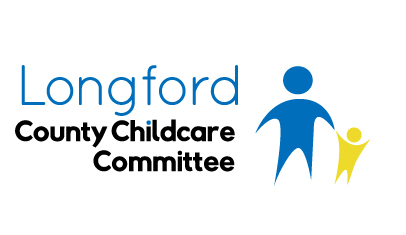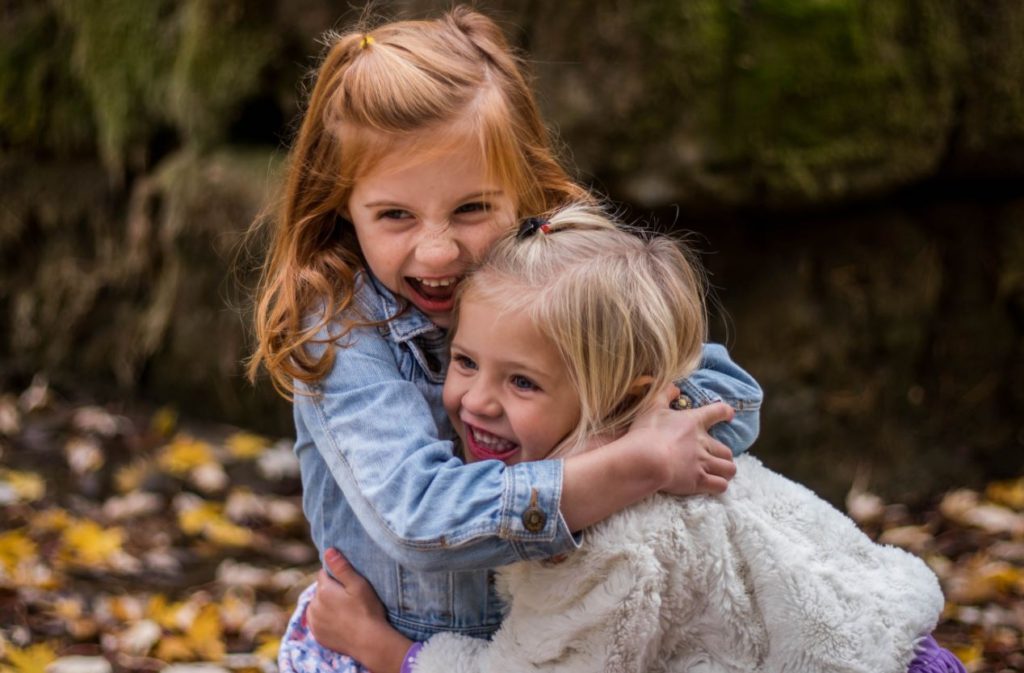Social Development in the Early Years
Aistear and how it relates to Social Development
One of the themes of Aistear is Identity and Belonging. The theme of Identity and Belonging is about children developing a positive sense of who they are, and feeling that they are valued and respected as part of a family and community. This is of huge importance when we think about a child’s social development.
From birth, children develop a sense of who they are. Relationships with family members, other adults and children, friends and members of their community play a key role in building their identities. Children’s sense of who they are is shaped by their characteristics, their behaviour, and their understanding of themselves, their family and others. Belonging is about having a secure relationship with or a connection with a particular group of people. When children feel a sense of belonging and sense of pride in their families, their peers, and their communities, they can be emotionally strong, self-assured, and able to deal with challenges and difficulties. This creates an important foundation for their learning and development.
By age 3, most children can identify or label themselves in many ways for example, young children label themselves in terms of age “child or adult”, gender “boy or girl”, physical characteristics “short or tall”, and value, “good or bad.”
Emotional Development
As with emotional development, there are many variables that may affect young children’s self-concept. For example, a child’s temperament can affect how they view themselves and their ability to successfully complete tasks. Children with easy temperaments are typically willing to try things repeatedly and are better able to handle frustrations and challenges. In contrast, children with more difficult temperaments may become more easily frustrated and discouraged by challenges or changes in the situation. As early years practitioners this highlights the importance of a sound underlying knowledge of Child Development.
Children who can better cope with frustrations and challenges are more likely to think of themselves as successful, valuable, and good, which will lead to a higher self-esteem. In contrast, children who become easily frustrated and discouraged, often quit or need extra assistance to complete a task. These children may have lower self-esteem if they start to believe that they can’t be successful and aren’t valuable.
As a society we have a responsibility as to how we convey messages to young children. These message, irrespective of content, have the ability to influence how children view themselves. Young children with parents, caregivers, and teachers providing them with positive feedback about their abilities and attempts to succeed (even if they aren’t successful the first time) usually have higher self-esteem. On the contrary, when parents, caregivers, or teachers are regularly negative or punitive toward children’s attempts to succeed, or regularly ignore or downplay those achievements, young children will have a poor self-image and a lower self-esteem.
Peers also have an impact on young children’s self-concept. Young children who have playmates and classmates that are usually nice and apt to include the child in activities will develop a positive self-image. However, a young child who is regularly left out, teased, or bullied by same-age or older peers can develop low self-esteem.
Each child is unique
Each child is unique, and he or she may respond to different environments in different ways. Some young children are naturally emotionally “resilient” in certain situations. Resilient children experience or witness something seemingly negative or harmful, without experiencing damage to their self-esteem or emotional development. Resilience not only enables such individuals to withstand life stress, but quite often these children became high achievers. This ability also helps resilient children to maintain good health and to resist mental and physical illnesses. For example, many young children who are severely physically and/or emotionally bullied perform poorly in school, become aggressive or withdrawn, or depressed or anxious. Resilient children experience that same bullying and show no signs or symptoms that the experience has negatively impacted them.
Competent and Confident Children
What we must remember is at the centre of Aistear is the confident and competent child. As early years practitioners, parents and members of a wider society it is our role and responsibility to continually work towards this in how we interact and work with young children around us.
Bibliography
Angela Oswalt. 2017. Graecpoint. [Online] Available at http://www.gracepointwellness.org/462-child-development-parenting-early-3-7/article/12766-early-childhood-emotional-and-social-development-identity-and-self-esteem [Accessed 20 October 2017]
NCCA. 2009. Aistear: The Early Childhood Curriculum Framework. [Online] Available at http://www.ncca.ie/en/Practice-Guide/Aistear/Identity-and-Belonging.pdf. [Accessed 20 October 2017]

